Which is easier said than done. They always ring in the mornings so when your turn gurns over the horizon, you do tend to jump when the phone rings before noon on Monday, Tuesday or Wednesday. Thursday and Friday it can ring itself silly while you giddily ignore it (they need two days). Unless, of course, you’ve fallen foul of something and they ring you from the car park to announce their immediate apparition.
When Ofsted last berthed alongside in December 2018 I was temporarily hard of hearing and had to have a deputy (Mr Tomlin, remember him?) with me in the meetings to shout their comments down an ear-trumpet. This year I went one better and was 150 miles away, visiting a school in Poole. Ms Shaldas had the pleasure of picking up the phone and asking them to bear with while I bucketed back on the train.
Inspections these days start with a 90 minute phone call, which is a very good idea. You can say what you want to say without having to gabble as you pick them up from reception. Other improvements include the abandonment of that naff implement, the clipboard. Given recent events, they were very keen to check that everyone was happy, which is a bit like a dentist asking if you’re comfortable, but it’s the thought that counts. Me, I respond badly to being asked how I am. If I’m here, you can assume I’m bushytailed with the shiny coat of a Crufts Supreme Champion, but that’s just my antisocial old-gittery, not their fault.
Anyway, it went well. They charged about inspecting maths, English, art and geography, met curriculum leaders, teachers and students, heard children read, checked attendance, behaviour, mental health support, careers, PSHE and safeguarding. They got what we’re about and took pains to report accurately using our language. You can read the report. It's heartening.
They also talked to governors, of whom we fielded a five-a-side team. This is a crucial, unsung part of inspection. Schooling is a national communal activity, a public service. Governors represent that public interest and their job is to make sure that schools are as good as they can be. They don’t get involved in the day-to-day, but are responsible, with the Head, for setting strategy and checking progress. Ours are great: committed, intelligent, hardworking and insightful. They’re both a support and a challenge, top-notch.
As the superb National Governance Association says:
An extraordinary quarter of a million people volunteer their time and skills to oversee state schools in England in the interests of pupils….those who volunteer as school governors and academy trustees are motivated by making a difference for children and serving their community. It is a good and important thing which they do on behalf of the rest of us, ensuring the country’s schools are as good as they can be.…..They come together in governing boards that set the vision and ethos for schools and trusts: what children should leave the school knowing, having done, and being. They make important decisions about staffing structures, what limited funding is spent on, as well as recruiting, supporting and challenging headteachers and executive leaders.
I went into year twelve assembly today and gave them a piece of my mind. It was bread-and-butter stuff: largely about being polite and following our (few and reasonable) rules. Everyone needs a reminder from time to time and it was a challenging rather than upbeat message. Accountability roles are all a bit like that. Inspectors and Governors take a look, talk to people, make a judgement, tell you and expect improvement.
A regular dose of friendly fire is helpful, welcome or not. Some heads are outraged by Ofsted and irritated by governors. Me, I love the latter, but welcome the former as best I can. I was so polite I even told them how I was, every time they asked. Year twelve, that’s how it’s done.
Schools are where society looks after its young until they’re old enough to take on the mantle of adult citizenship. If we want good citizens for the future, who’ll change the world for the better, we should all take care of our schools.
CR
17.4.24


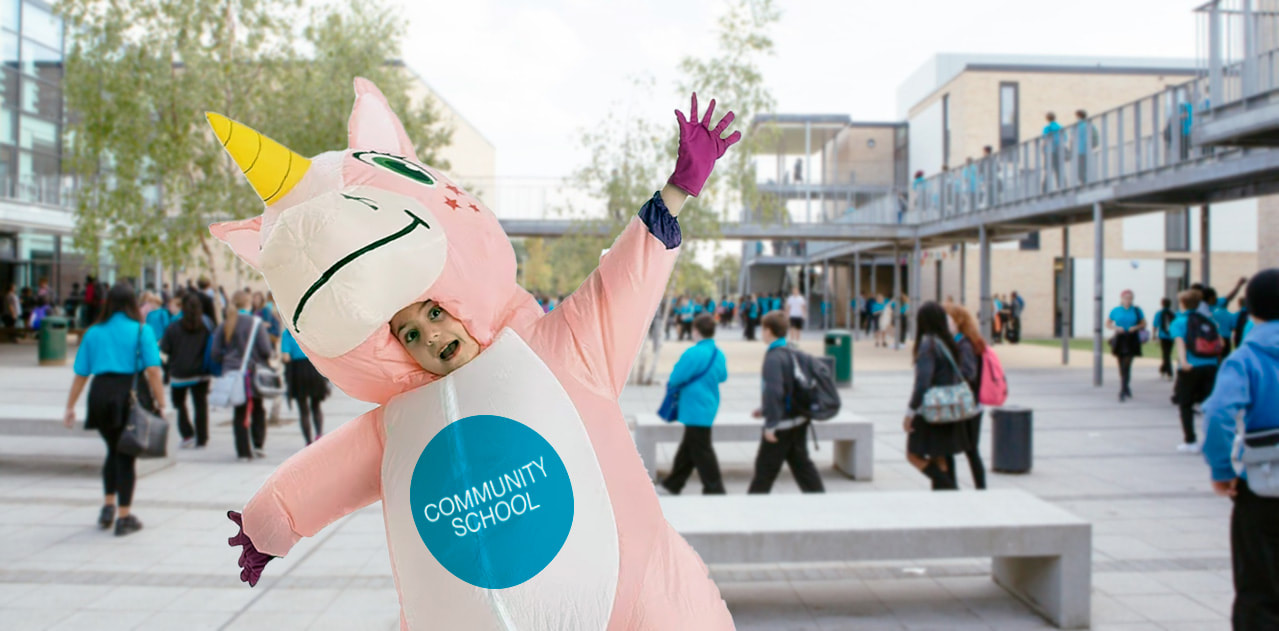




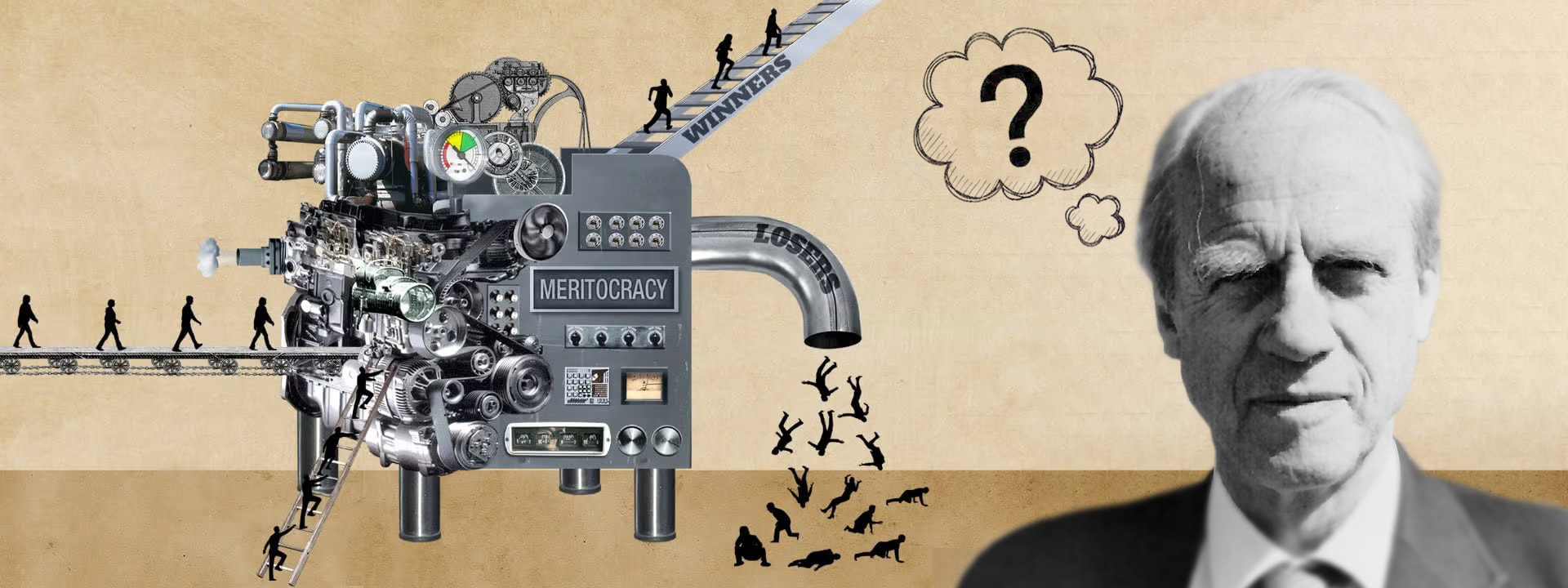

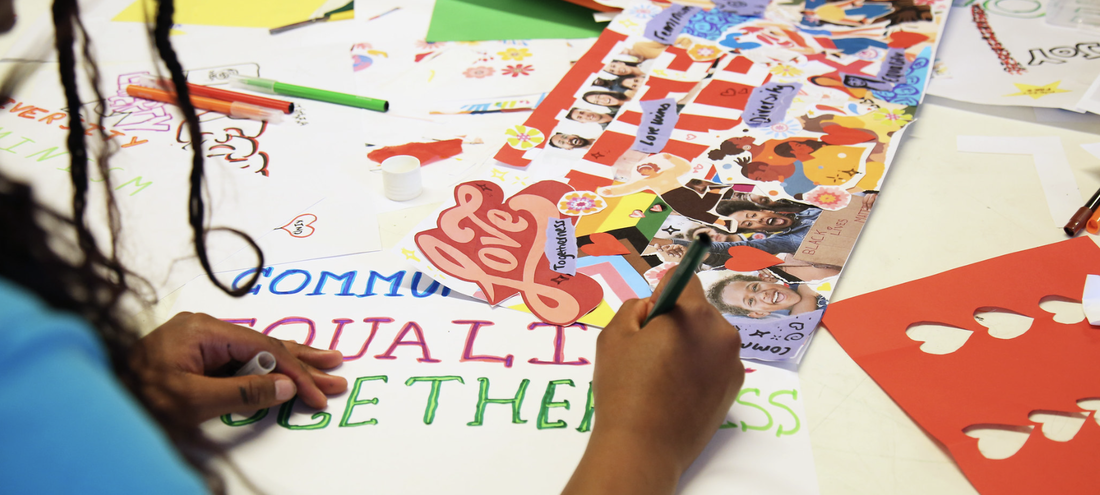
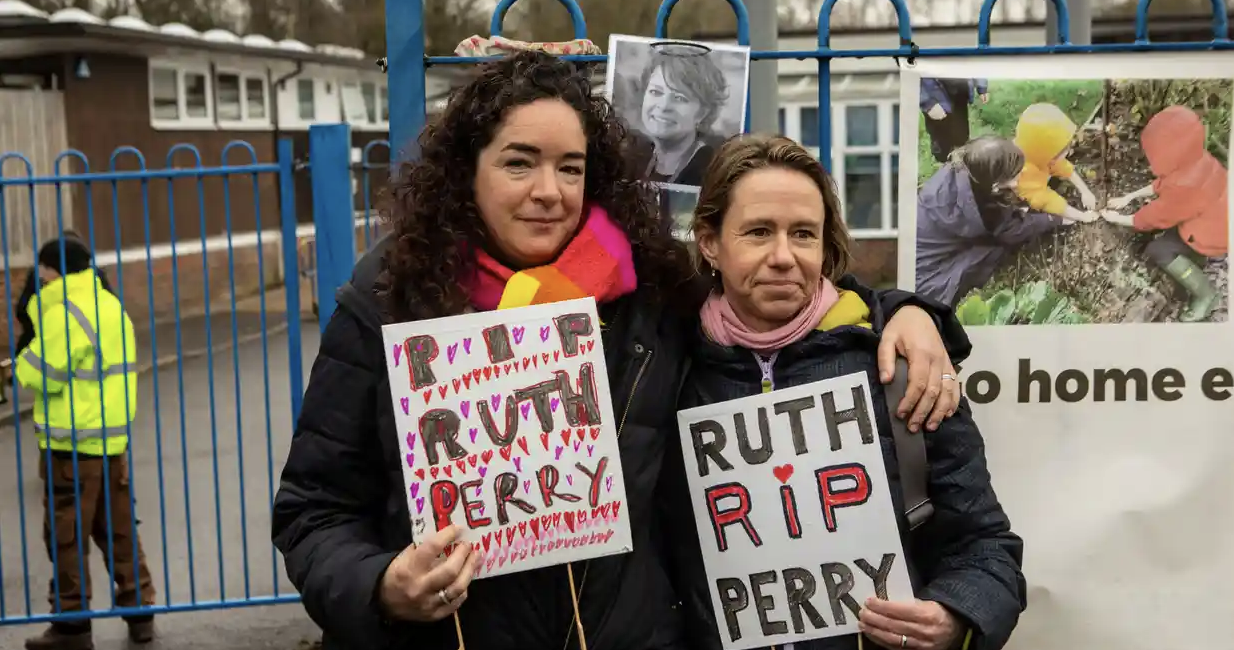

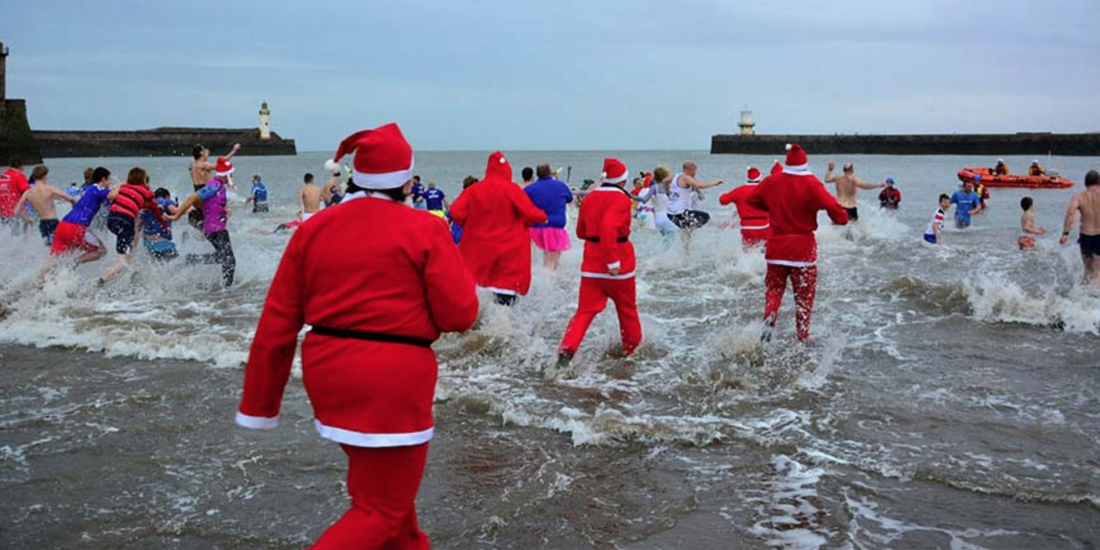

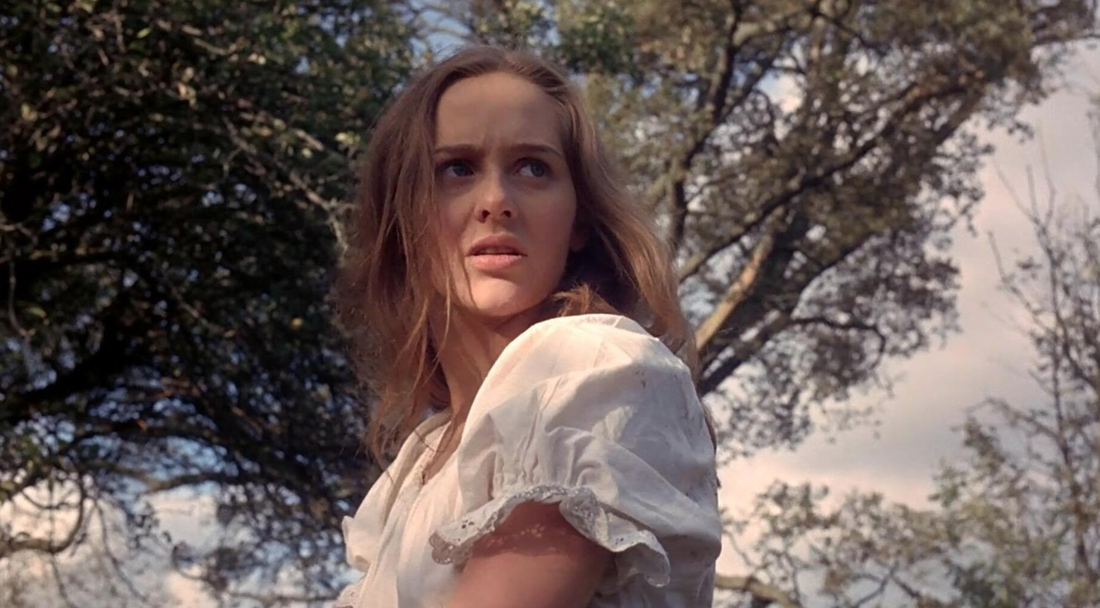

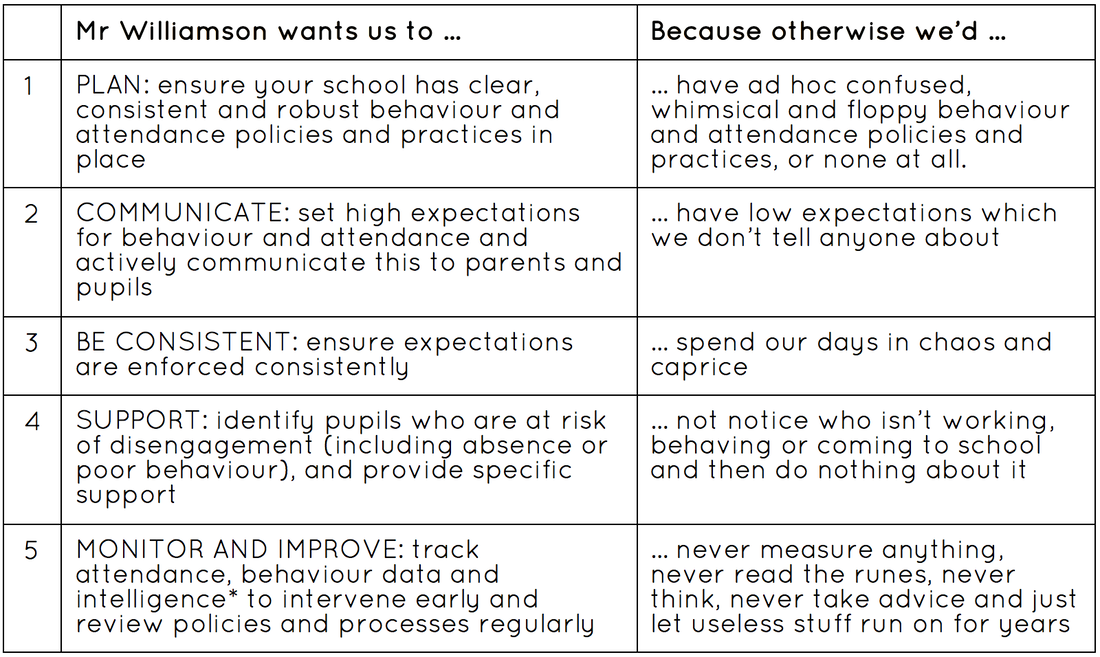
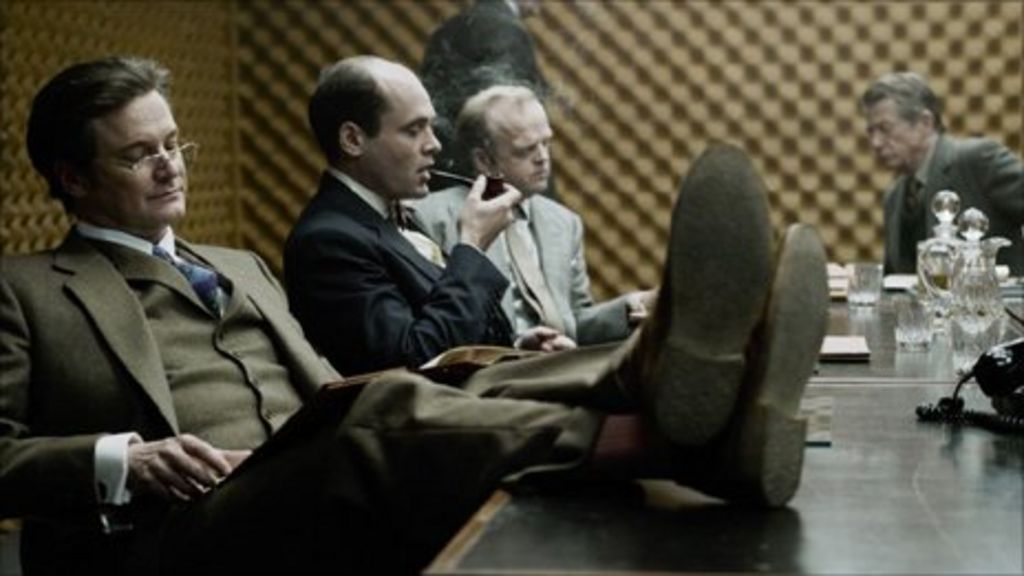


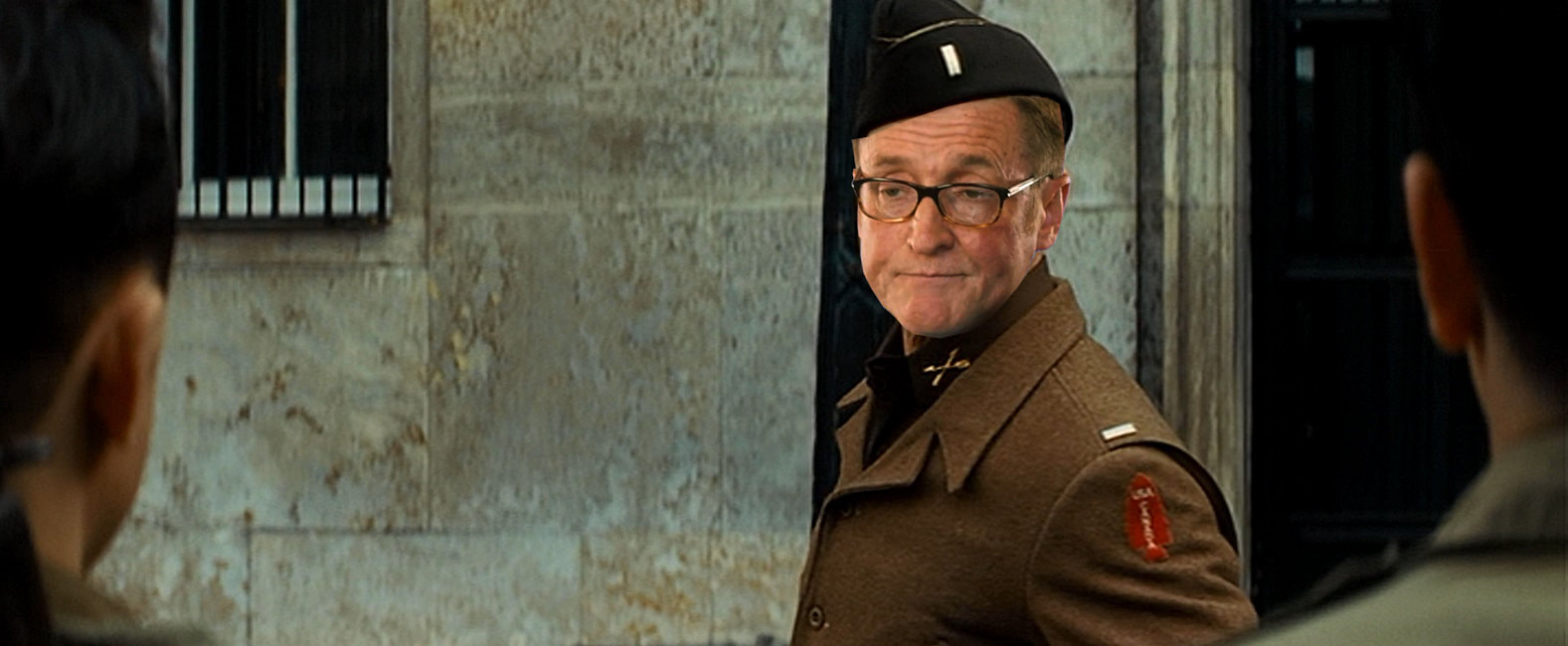
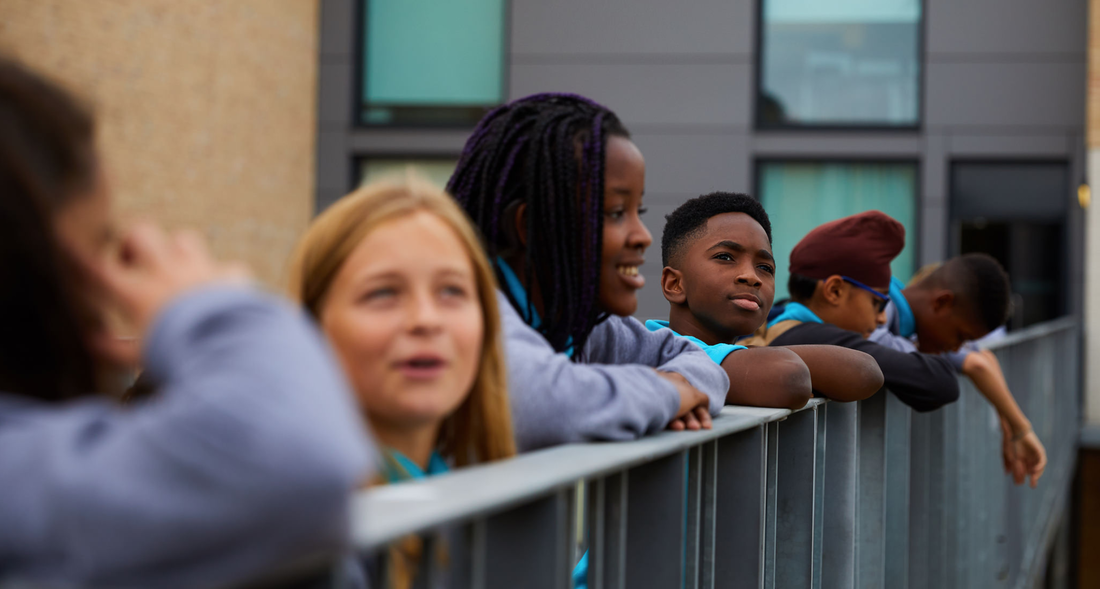
 RSS Feed
RSS Feed